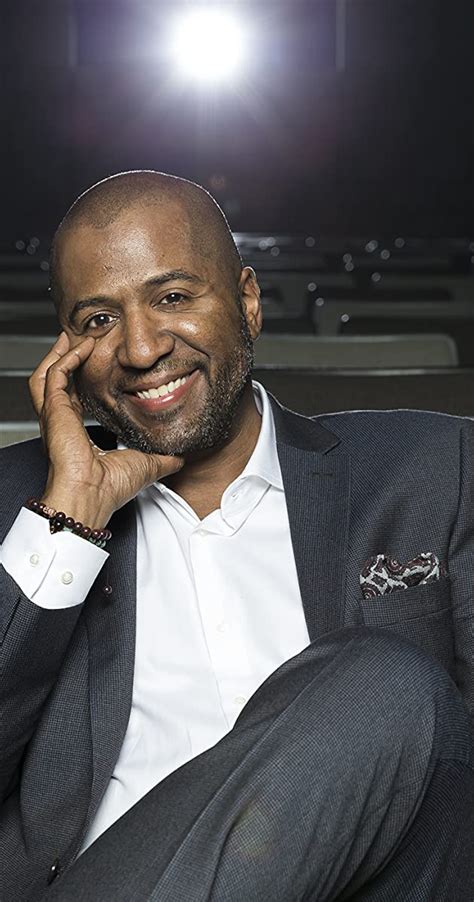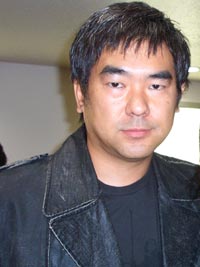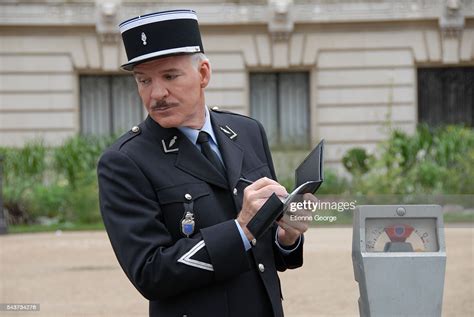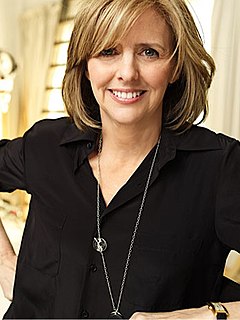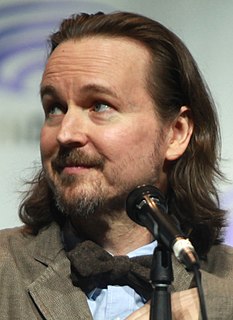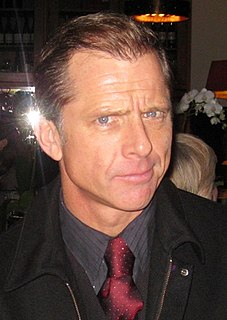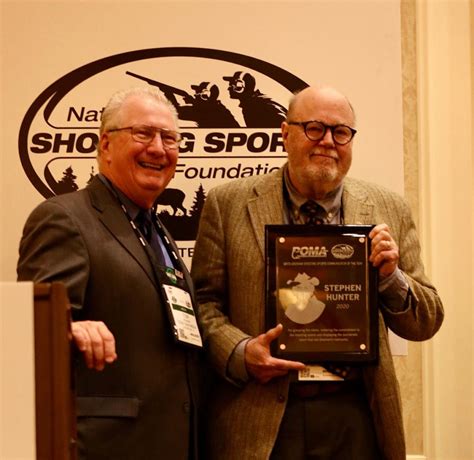A Quote by Donnie Yen
I always used to wonder why American actors were getting fat, then I made a U.S. movie. I'm seeing all the food every day, and there's lots of waiting around because making an American movie is very slow.
Related Quotes
Writing is so... I don't know, it's such a practice, and I feel very unpracticed in it, because I'm not doing it every day. And I really need to do it every day. In other words, you spend all this time writing a movie, and then you stop, and then you're shooting the movie, and then you're cutting, and a year and a half goes by, because in the editing room, you're not writing.
You live and die two or three times making a movie. First, you write it, and the first pivotal moment comes when you can get it made. The second is in the process of making it, when the movie reveals itself to you, its flaws and its virtues. Then the most unnerving moment is when that movie is then launched into the world. It’s like bringing your kid to the first day at school and somebody points out that it has bowlegs, it is cross-eyed, or it’s gorgeous. You feel very exposed.
I made a movie to explain to the American public what had been achieved in regards to disarmament of Iraq and why inspectors aren't in Iraq today and detailing the very complex, murky history of interaction between Iraq, the United Nations and the United States. It is most definitely not a pro-Iraq movie. It is a pro-truth movie.

